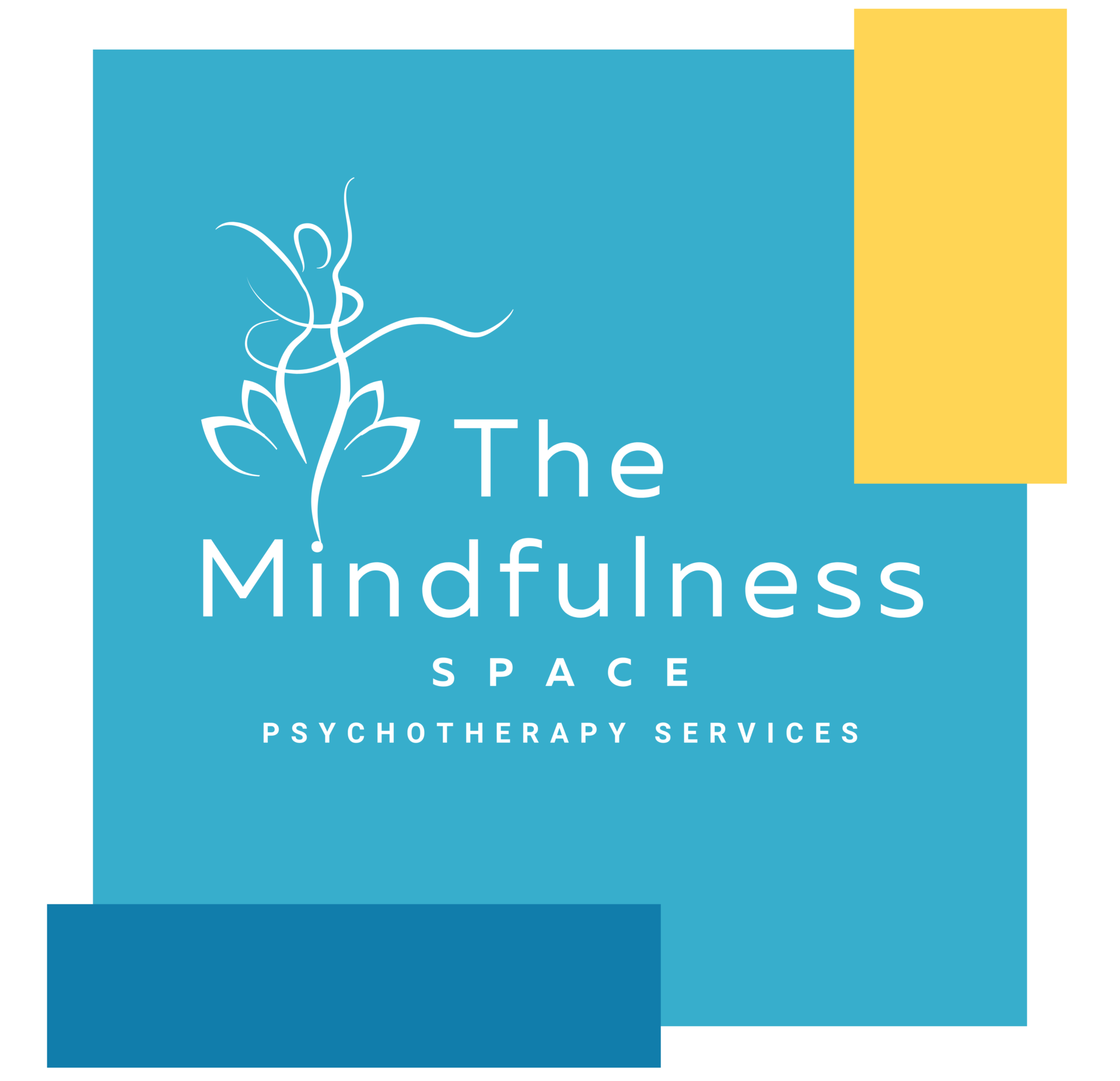How to Manage Binge Eating Urges During the Holidays
One of the most frequently asked questions I receive is, “How do I manage binge eating urges during the holidays?”
While the holiday’s can be a time of joy and celebration for some, for many of us, feelings of emotional distress, uncomfortable family interactions, seasonal depression, changes in our normal routines with more time being spent at home, or being environments where food is “centered,” can be a recipe that leads us to being more susceptible to experiencing binge or emotional eating!
Here are a few tips to help you stay in control of those uncontrollable food related urges!
1. Don’t Skip or Restrict Meals
Growing up in an African-American household in North Carolina, every Christmas my mother would wake up at the break of dawn, before anyone else in the house, and begin the tradition of cooking for what seemed like a decade! And although my family members and I tried with all our might to sneak a taste of the turkey, stuffing, yams or macaroni and cheese, my mother made it abundantly clear that it wasn’t time yet, and cheerfully, but authoritatively redirected us away from her kitchen!
While the food was absolutely delicious, boy did it take a long time to prepare!
And because my mother wanted to deliver a holiday dinning experience that could only rival that depicted within a Norman Rockwell painting, it’s safe to say that we were starving by the time dinner was ready!
As you can probably already imagine, when it was time to eat, my family and myself included, over indulged in way more than our fair share of food, some of us painfully regretting it later!
The Reason
Skipping meals often leads to extreme hunger later on! This intense hunger can trigger overeating or binge eating episodes as the body reacts to deprivation by craving more food than it actually needs and we overcompensate by eating more, usually very calorie dense foods, than we’d normally eat in one sitting!
Skipping meals can also have a significant impact on our body’s hormonal balance. The body’s response to fasting or prolonged periods without food includes increased production of the hunger hormone Ghrelin and decreased levels of the satiety hormone Leptin. This hormonal shift creates a heightened sense of hunger, making you more prone to uncontrollable eating behaviors.
2. Nurture Difficult Feelings and Emotions
It’s no secret that the holidays often bring increased feelings of sadness, anxiety or emotional distress that, if left untreated, can cause a significant strain within our lives impacting our daily functioning.
In some cases, increased emotional distress can lead us to self-soothe with food. Stress triggers the release of cortisol, the stress hormone, which can stimulate appetite, particularly for high-calorie foods. If we’re not managing distressful feelings or intense emotions through positive outlets like therapy, or utilizing our positive coping skills, it can be very easy to turn to food as a way to self-soothe in an attempt to find temporary relief from stress and uncomfortable emotions.
Additionally, the pleasure and reward pathways in the brain are activated by certain foods, providing a momentary escape from stressors. Chronic stress can impair self-control and decision-making, making it challenging for us to resist the impulse to binge eat. These factors, combined with disrupted appetite-regulating hormones and learned associations between stress and eating, contribute to the link between increased stress and binge eating behaviors.
3. Manage Emotional Distress using DBT’s Core Mindfulness and Self Soothing Skills
Mindfulness encourages us to observe and accept our emotions in the present moment without judgment, fostering a non-reactive awareness. It also helps us to shift our focus away from any negative thoughts or self-talk that often worsen feelings of distress. Techniques like deep breathing, meditation, and body scan exercises can also help us to anchor our attention in the present moment, reducing emotional reactivity and therefore helping us to reduce the urge to self-soothe with food! When we combine self-soothing techniques, like the ones listed below, with core mindfulness skills, we can often prevent problem binge eating behaviors by initiating our body’s relaxation response.
Now, let’s practice!
Mindfulness Activities:
Mindful Breathing: Take a few moments to focus on your breath. Inhale slowly, counting to four, then exhale for another count of four. This simple mindfulness activity can be done anywhere and helps bring your attention to the present moment.
Body Scan Meditation: Close your eyes and mentally scan your body from head to toe, paying attention to any sensations without judgment. This practice fosters awareness of bodily sensations and promotes relaxation.
Self-Soothing Skills:
Warm Tea Ritual: Prepare a cup of your favorite warm tea. The process of brewing and sipping tea can be a comforting ritual. Choose a calming herbal tea like chamomile or peppermint to enhance the soothing effect.
Sensory Distraction: Keep a small collection of items with different textures, such as a soft fabric, a smooth stone, or a textured stress ball. Engaging with these items can provide tactile stimulation and shift your focus away from emotional distress.
Walking Meditation: Take a mindful walk, paying attention to each step and the sensation of movement. Notice the feeling of the ground beneath your feet and the rhythm of your breath. Walking mindfully can be a grounding and calming activity.
Pro Tip: Combine Mindful Walking with Urge Surfing/Riding the Wave skill: As you walk, acknowledge any urges or discomfort you may be feeling. Allow yourself to observe these sensations without judgment. Consider the urge as a wave that rises and falls. Walk through it, allowing the sensation to peak and then gradually subside. The key is to stay present and observe, without reacting impulsively.
Bonus Tip:
Use DEARMAN DBT skill to reduce emotional distress related to family members and set boundaries surrounding difficult conversations!
Do you need guided support related to binge or emotional eating? The Mindfulness Space is here to help!
Stefanie Lawson is a licensed therapist with nearly a decade of clinical experience and owner of The Mindfulness Space therapy in Greensboro North Carolina, where she maintains specialized education and training in treating the underlying depression, anxiety, stress or unresolved trauma that often leads to eating disorders and issues concerning body image dissatisfaction (i.e. Body Dysmorphic Disorder) in adults and transitional aged teens (older teenagers who are transitioning into adulthood).
Schedule your free 30 minute consultation call with The Mindfulness Space today to learn more about how we can help you!









